Study finds total greenhouse gas footprint of blue hydrogen “quite high” due to fugitive methane
Green Car Congress
AUGUST 13, 2021
However, a new lifecycle study by a team from Stanford University and Cornell University has concluded that total greenhouse gas emissions from the production of blue hydrogen are quite high, particularly due to the release of fugitive methane. —Howarth and Jacobson.

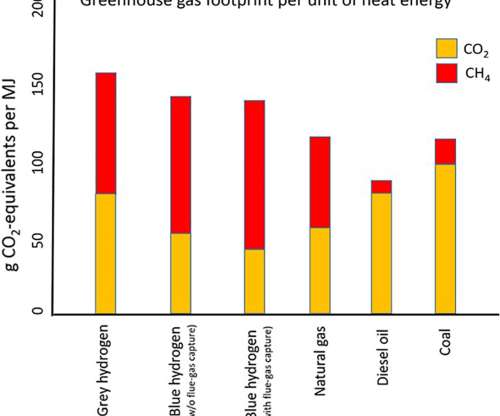


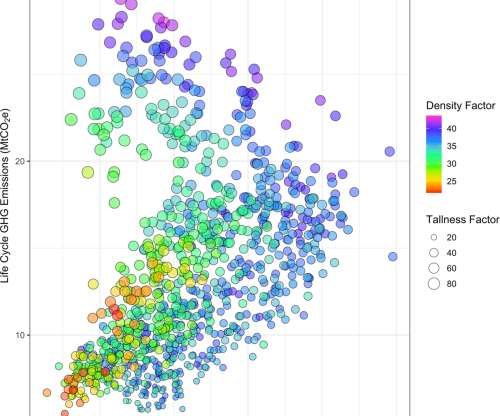
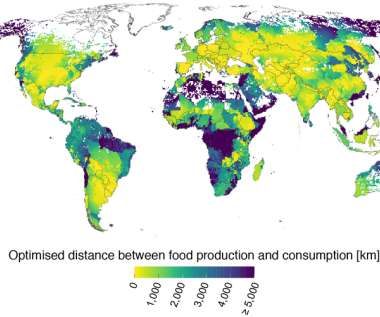











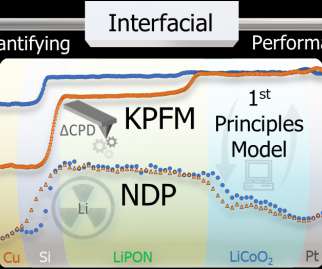





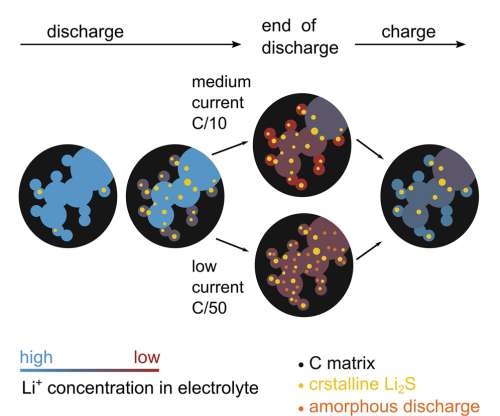
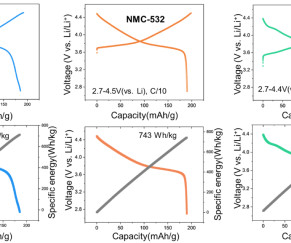
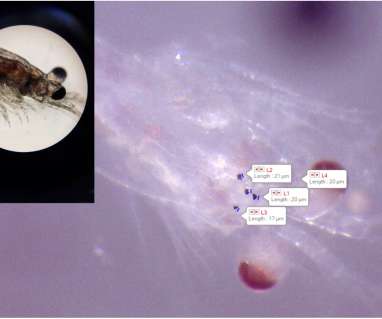




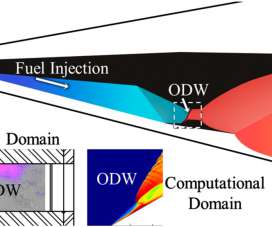













Let's personalize your content